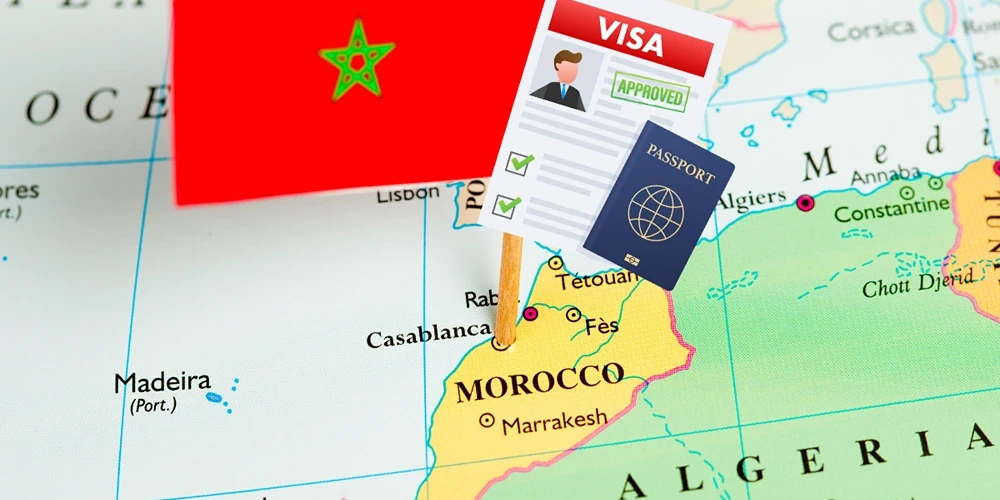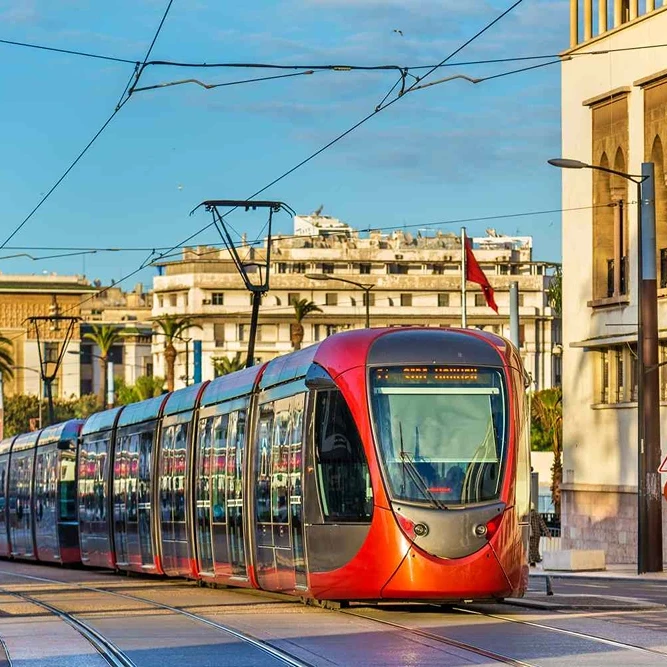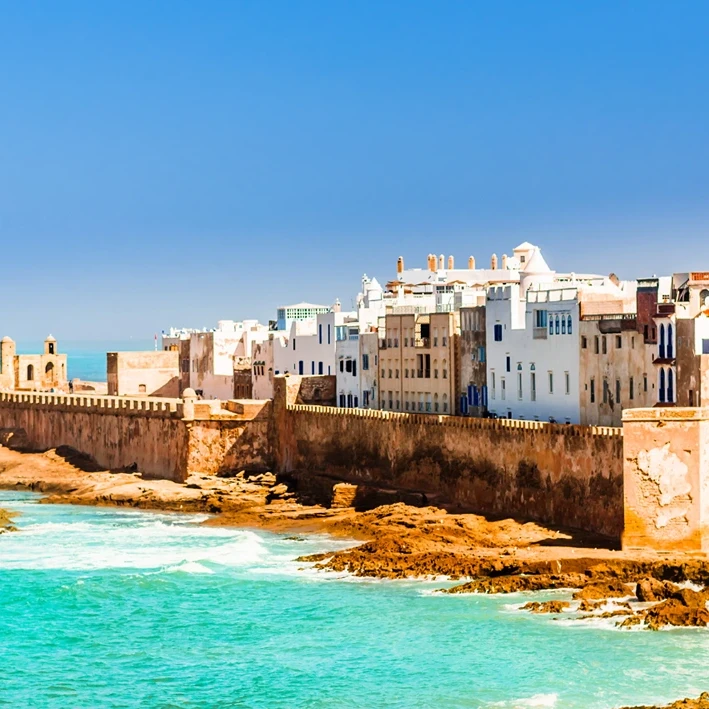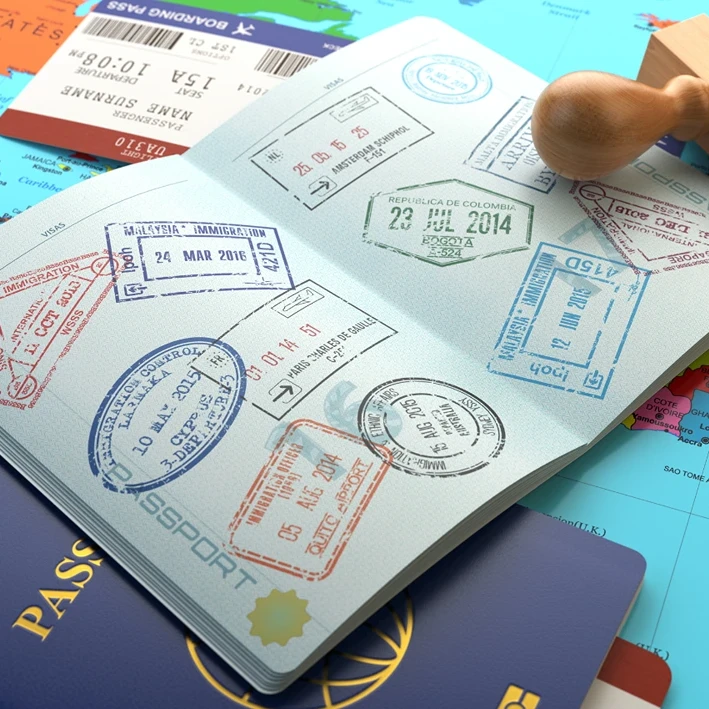Are you planning a trip to Morocco and wondering whether you need a visa? Navigating visa requirements can be a daunting part of travel planning. Citizens from several countries, including the US, EU, Japan, and Australia, can visit Morocco for up to 90 days without a visa. Understanding who needs a visa and who doesn’t can save you time and hassle. Additionally, once you have sorted out your visa requirements, you might want to explore the best ways of getting around in Morocco. Whether you prefer public transportation, renting a car, or even taking guided tours, knowing your options will make your travel experience smoother and more enjoyable. In this guide, we will provide essential information on Morocco’s visa exemptions, helping you prepare for a seamless journey. Read on to find out if you can skip the paperwork and head straight to exploring this captivating destination.
Table of Contents
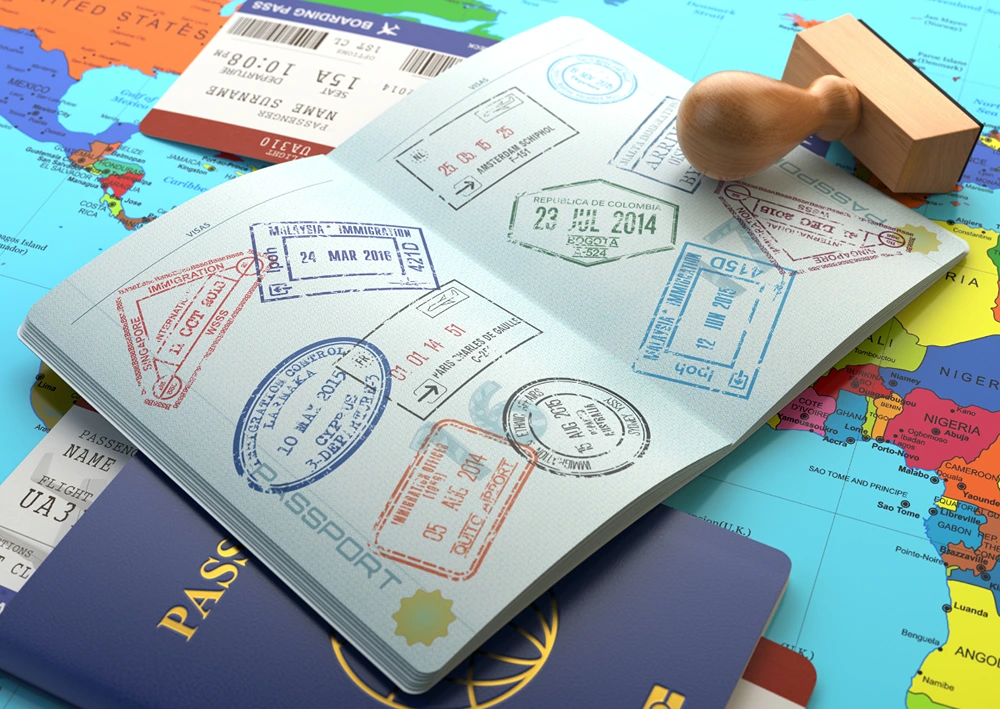
Who Needs a Visa to Visit Morocco?
Travelers from many countries can visit Morocco without a visa for short stays. Citizens of the United States, European Union, Japan, and Australia are among those who are exempt from needing a visa for stays up to 90 days. For these travelers, only a valid passport and a return flight ticket are required.
Several countries enjoy visa exemption for Morocco. This includes nations like Canada, New Zealand, and Switzerland. Additionally, holders of diplomatic passports from certain countries can travel visa-free for up to 90 days.
Some countries, while generally exempt from visa requirements, may need an Electronic Authorization (AEVM) for entry. This applies to citizens from nations such as Congo, Guinea, and Mali. It’s crucial to check whether this electronic authorization is necessary before traveling.
- United States
- European Union member countries
- Japan
- Australia
- Canada
- New Zealand
- Switzerland
Types of Visas for Morocco
Morocco offers three main types of visas: Tourist Visa, Transit Visa, and Long-Term Visa. Each type serves different purposes and has its own set of requirements and validity periods. Understanding these can help ensure a smooth application process. Once your visa is secured, it’s also crucial to consider the best time to travel to Morocco. Different seasons offer unique experiences, from the bustling markets of Marrakech to the serene landscapes of the Atlas Mountains.
Morocco Tourist Visa
A Morocco Tourist Visa is intended for short-term visits, primarily for tourism. This visa allows travelers to stay in Morocco for up to 90 days. Applicants typically need to provide a valid passport, recent passport-size photos, a return flight ticket, proof of accommodation, and evidence of sufficient financial means. It’s designed for those who wish to explore Morocco’s vibrant culture and historical sites.
Morocco Transit Visa
The Morocco Transit Visa is required for travelers who are passing through Morocco en route to another destination. This visa is generally valid for a short duration, usually up to 72 hours. To obtain this visa, applicants must show a confirmed onward ticket, a valid passport, and any necessary visas for the onward destination. This visa is perfect for those who need a brief stopover in Morocco.
Morocco Long-Term Visa
A Morocco Long-Term Visa is for individuals planning to stay in Morocco for extended periods. This visa is suitable for purposes such as work, family reunification, or study. Applicants must provide additional documentation, such as employment contracts, letters of invitation, or proof of enrollment in educational institutions. The validity of this visa can range from several months to multiple years, depending on the purpose of the stay.
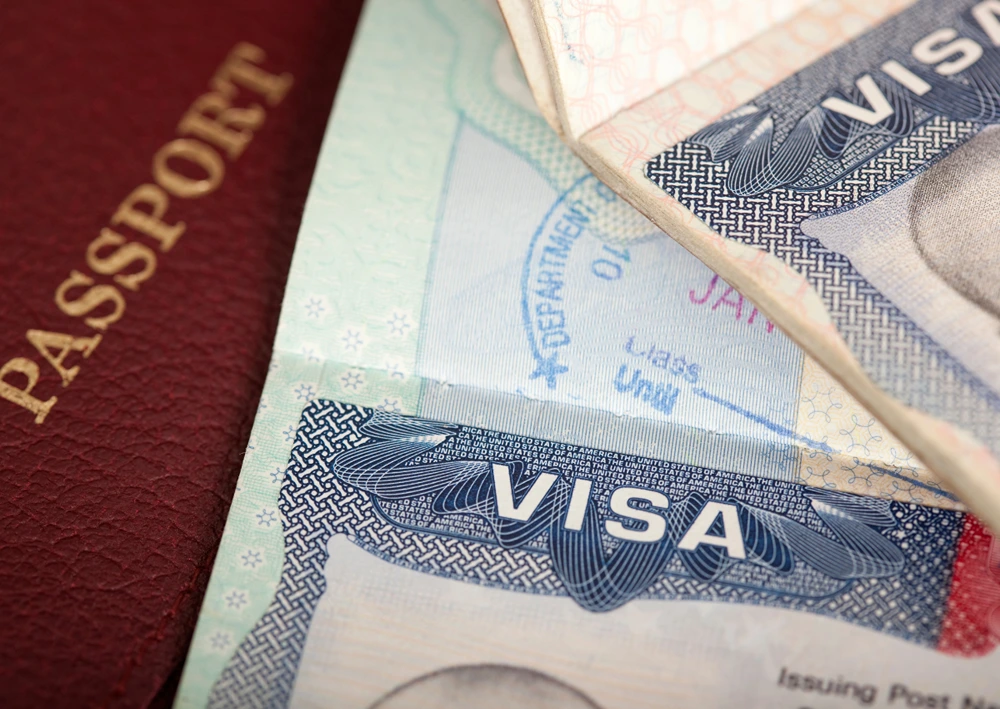
Required Documents for a Morocco Visa
Preparing all necessary documents for a Morocco visa application is crucial for a smooth process. Having the correct paperwork can prevent delays and ensure a hassle-free experience. The essential documents include a completed application form, a valid passport, passport-size pictures, a return flight ticket, proof of accommodation, proof of sufficient financial means, travel health insurance, and proof of paid visa fee.
These documents can be obtained from various sources. The application form is available online or at Moroccan embassies. Passports should be valid for at least six months from the date of entry. Passport-size pictures should be recent and colored. Return flight tickets are needed to prove travel plans, while proof of accommodation can be hotel bookings or an invitation letter. Financial means can be demonstrated through bank statements or an employment letter. Travel health insurance must cover the entire duration of stay. Lastly, proof of paid visa fee is generally in the form of a receipt.
- Completed application form
- Valid passport
- Passport-size pictures
- Return flight ticket
- Proof of accommodation
- Proof of financial means
- Travel health insurance
- Proof of paid visa fee
| Document | Additional Information |
|---|---|
| Completed Application Form | Available online or at Moroccan embassies |
| Valid Passport | Must be valid for at least six months |
| Passport-size Pictures | Recent and colored |
| Return Flight Ticket | Proof of travel plans |
| Proof of Accommodation | Hotel bookings or invitation letter |
| Proof of Financial Means | Bank statements or employment letter |
| Travel Health Insurance | Coverage for the duration of stay |
| Proof of Paid Visa Fee | Receipt of payment |
How to Apply for a Morocco Visa
Applying for a Morocco visa involves a straightforward but detailed process. The general steps include making an appointment, completing the application form, gathering the required documents, submitting the application in person, paying the visa fee, and waiting for the visa to be processed. It is essential to follow each step meticulously to avoid any delays or complications. The entire process can be handled through Moroccan embassies or consulates, depending on your location.
The average processing time for a Morocco visa is typically two weeks (10 business days). Planning ahead is crucial, especially during peak travel seasons when processing times might extend. Submitting your application well in advance ensures that you have ample time to address any potential issues that may arise during the processing period.
- Make an appointment
- Complete the application form
- Gather the required documents
- Submit the application in person
- Pay the visa fee
- Wait for the visa to be processed
Morocco Visa Fees and Processing Times
The cost for a Moroccan e-visa is 770 Moroccan Dirhams per person. This fee applies to short-term tourist visas and is standard across most nationalities. The processing time for obtaining a Moroccan visa typically takes about two weeks (10 business days). It’s essential to plan accordingly, especially during peak travel seasons when processing times may extend.
For those applying for different types of visas, the fees and processing times can vary. A tourist visa generally costs 770 Moroccan Dirhams and is processed within 10 business days. Transit visas, which allow for short stopovers in Morocco, cost 500 Moroccan Dirhams and are typically processed within 5 business days. Long-term visas, intended for work, study, or family reunification, cost 1000 Moroccan Dirhams and take about 15 business days to process. Understanding these fees and processing times helps in planning your travel and ensuring you meet all necessary deadlines.
| Visa Type | Fee (MAD) | Processing Time |
|---|---|---|
| Tourist Visa | 770 | 10 business days |
| Transit Visa | 500 | 5 business days |
| Long-Term Visa | 1000 | 15 business days |
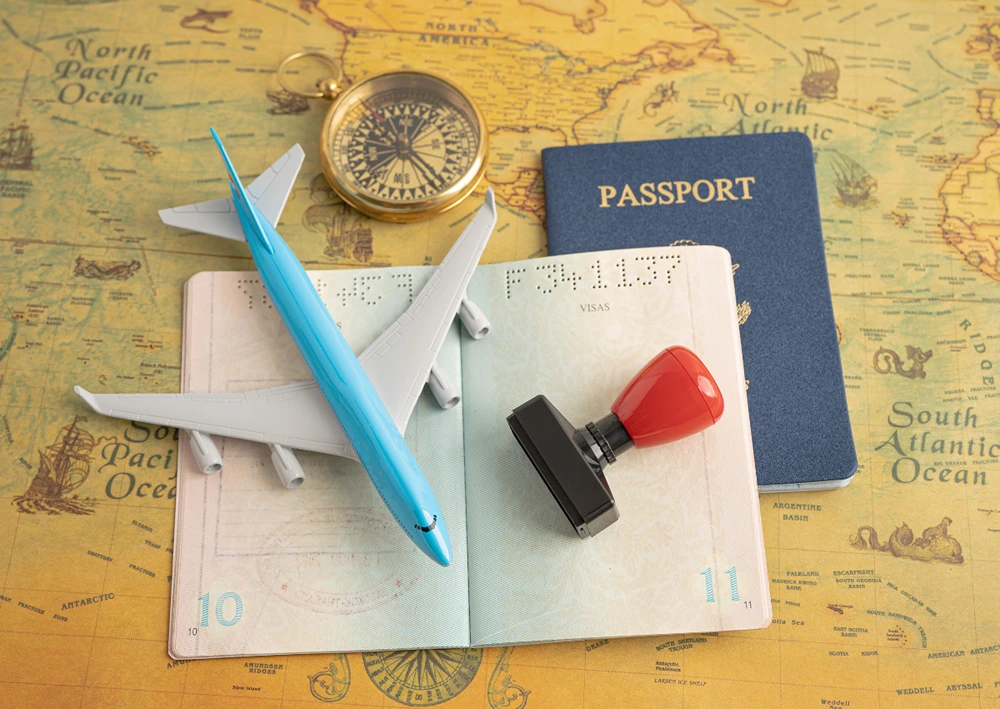
Special Visa Requirements for Specific Nationalities
Different nationalities have varying visa requirements for entering Morocco. While some countries enjoy visa-free entry, others must go through specific application processes and provide additional documentation. Understanding these requirements is crucial for a smooth travel experience.
US Citizens
US citizens do not need a visa for short-term visits to Morocco up to 90 days. They need only a valid passport and a return flight ticket. This visa-free entry allows American travelers to explore Morocco without the hassle of applying for a visa, making it convenient for short-term tourism or business visits. However, it is essential to ensure that the passport is valid for at least six months from the date of entry into Morocco.
Indian Citizens
Indian citizens are required to obtain a visa to visit Morocco. The application process can be completed through the Morocco Visa Application and Information Center (MVAIC), operated by Cox & Kings Global Services (CKGS). Applicants must submit a completed visa application form, a valid passport, passport-size photos, proof of accommodation, a return flight ticket, and evidence of sufficient financial means. The process also involves paying the visa fee and waiting for the application to be processed, which typically takes about two weeks.
Pakistani Citizens
Pakistani citizens also need a visa to enter Morocco and must provide additional documentation. Along with the standard required documents—such as a completed application form, a valid passport, passport-size photos, proof of accommodation, and a return flight ticket—Pakistani applicants must include a letter of invitation from a host in Morocco. This letter should detail the purpose of the visit and confirm the host’s willingness to accommodate the traveler. The application process may involve more scrutiny, so it is advisable to apply well in advance to ensure timely approval.
Morocco e-Visa and Online Application Process
For travelers requiring a tourist visa, Morocco offers an e-visa, known as the Autorisation Électronique de Voyage au Maroc (AEVM). This digital visa streamlines the application process, allowing applicants to handle everything online. The e-visa is particularly convenient as it eliminates the need to visit an embassy or consulate in person. Applicants can check their eligibility, submit required documents, complete the application form, pay the fee, and track the application status—all through the official Access Maroc website.
The official Access Maroc website is the go-to platform for obtaining an e-visa. It offers a user-friendly interface to facilitate the entire process. Features include eligibility checks, document submission portals, secure payment options, and real-time tracking of application status. This centralized system ensures a smooth and efficient experience, allowing travelers to focus on planning their trip without the hassle of traditional visa procedures.
- Check eligibility on the Access Maroc website.
- Submit the completed application form.
- Upload required documents.
- Pay the e-visa fee.
- Track the application status online.

COVID-19 Related Travel Restrictions and Updates for Morocco
Staying updated on COVID-19 travel restrictions is crucial for anyone planning to visit Morocco. These regulations are subject to frequent changes based on the pandemic’s progression and governmental policies. Travelers must regularly check the latest guidelines from Moroccan authorities and their airline before departure. Adhering to these requirements ensures a smooth travel experience and avoids any unexpected issues at the border.
Travelers can find the latest information on COVID-19 travel restrictions through official Moroccan government websites and trusted airline communications. These platforms offer the most current updates and detailed instructions on what is required for entry into Morocco. Being well-informed about these requirements can help in planning and preparing for the trip effectively.
- Mandatory negative PCR test taken within 72 hours before departure
- Proof of vaccination
- Possible quarantine upon arrival
- Health declaration form
Final Words
Understanding visa requirements for Morocco is essential for a hassle-free journey. Citizens from countries like the US, EU, and Japan enjoy a visa-free stay for up to 90 days. Knowing the types of visas—Tourist, Transit, and Long-Term—helps in planning longer stays.
Gathering the required documents and following the application steps streamline the visa process. Fees and processing times vary by visa type, requiring careful planning.
By staying informed and prepared, travelers can meet Morocco’s visa requirements and fully enjoy their visit to this fascinating country. To make the most of your trip, be sure to explore the best places to visit in Morocco. From the bustling souks of Marrakech to the serene blue streets of Chefchaouen, Morocco offers a diverse range of attractions that cater to all types of travelers.
FAQ
Hazel Wall is a passionate traveler, writer, and explorer dedicated to sharing her experiences and insights with fellow adventurers. With a background in journalism and a deep love for discovering new cultures, Hazel has journeyed across continents, immersing herself in diverse landscapes and traditions.


